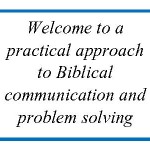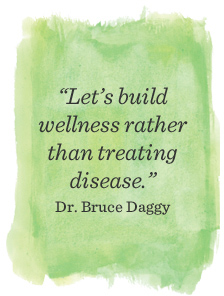Last week I ended with the question: Who Is the primary source of our problems? Although the answer to this question does not come from a theological source the answer is consistent with Scripture.
The answer actually comes from the comic strip character, Pogo, who boldly proclaimed: “We have met the enemy, and he is us.”
In a previous session we learned God is the least source of our problems. Keep in mind, before accusing God, we are free to do what we want to do provided no one prevents us from doing so. But, we are not free to choose the consequences of our choices.
Consequences have two sources. Bad consequences accompany bad choices. God can design consequences; but He doesn’t perpetrate consequences prior to people’s poor choices. Thus, God levied, consequences becomes chastisement that is the right of God to invoke. Even so, God inflicted consequences are fewer than other sources of personal consequences.
In a previous session we learned Satan is the second least source of problems. We concluded this thought with the question: What should we expect when putting the Enemy in charge of our life – bad consequences?
In a previous session we learned other people’s poor choices affect us. We learned although others poor choices can levy life-long ill affects upon us, this is the third least source of our problems.
The Number One source of our problems is our own poor choices. And this is the Good News! How can this be Good News? Follow this line of reasoning.
When I arise at the beginning of my day I would hate to think:
I had to contend with an Omnipotent, Omniscient, omnipresent God
I had to contend with an Invisible Enemy – Satan
I had to contend with an army of humans wanting to control me
My solution I have under my control:
I can learn to make better choices that render better consequences
In formulating a decision making process, or before making major choices, reflect on the following:
If up until now everything you have done has not worked well do something different – different meaning better.
There is no change if there is no change. If you want tomorrow to be different from yesterday you must do something different today – more is not better – different is better.
October 6, 2014: The Three Levels of Change






